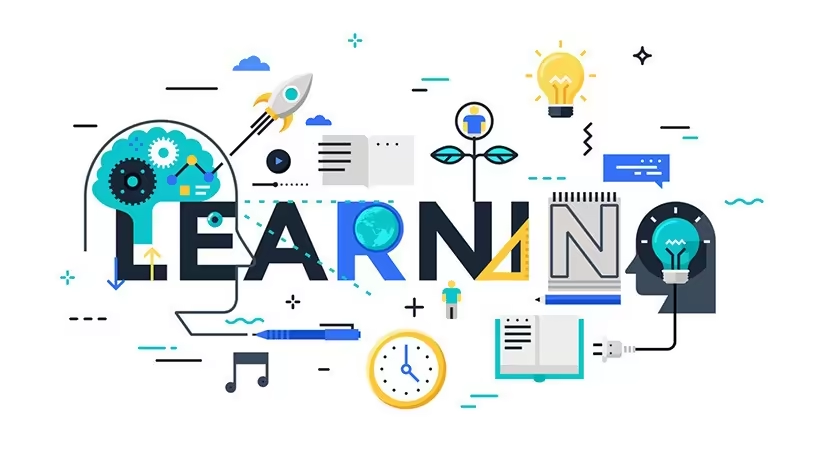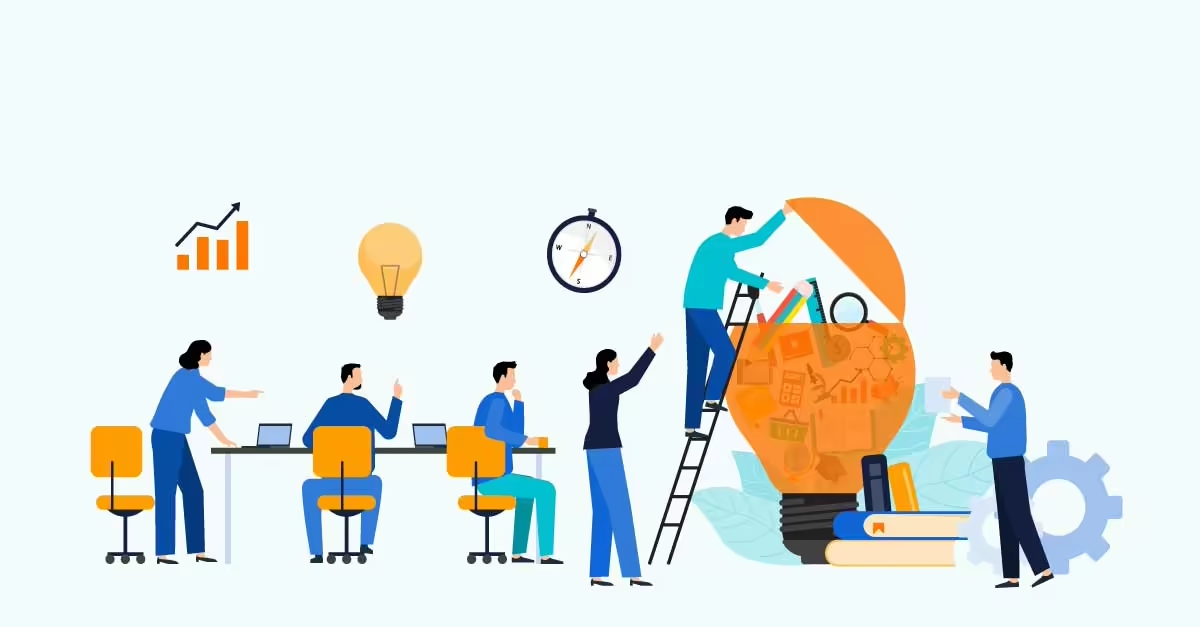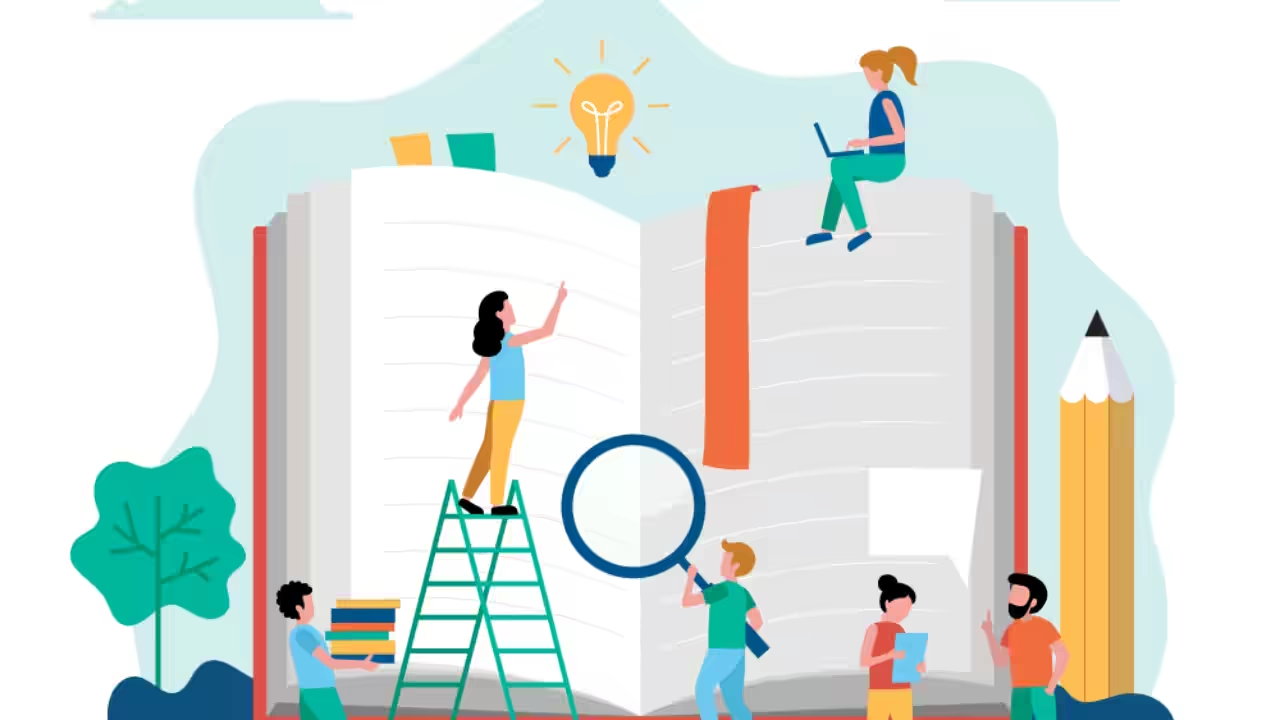Learning and development are components of a strategy that is employed in organizations as part of their human resource development initiatives. Learning and Development is a field brought forward by the desire of organizations to improve the performance and efficiency of the employees (Smedley 2021). Many people, including those who implement such strategies, often confuse learning and development and some even view these activities as interchangeable (Carraher 2021). However, there are subtle differences between learning and development that will be highlighted in this article.
Protip: If you want to excel in your studies, take my classes and seek essay help from an experienced essay writer, but also remember the importance of personal study and development.
What is Learning?

Learning is a process that increases our knowledge in a subject area (Vygotsky 2020). We keep learning new things all our lives whether it is learning to walk, cycle, swim, dance, skating, climb, or even learn new concepts in different subjects or new languages. We can learn from books, teachers, peers, parents, or even strangers. In an organization, managers aim to make their employees knowledgeable. Thus, learning is an important part of training in any organization at all levels of employees. This is why organizations are interested in ensuring continuous learning opportunities are available to their employees e.g. through learning platforms such as LinkedIn Learning.
Related: Knowledge management: Everything you need to know
What is Development?

Development is all about mastering skills and incorporating these skills into behaviour to turn them into habits (Buck 2020). For example, You make a person sit in a classroom and try to impart knowledge about how to operate a machine. You can make him/her understand the parts of a machine and the theory of how it works, but unless the person gets practical training and operated the machine in different situations, they cannot develop as an operator. Development is concerned with action and not a knowledge-based skill that comes through learning.
In the process of development, more important than learning is practice. This allows individuals to incorporate new skills as habits (Vulpen 2020). Development is a process that takes place after the learning process but requires constant practice and refinement to turn the newly learned skills into behaviors or habits.
If your leaders are learning but not developing, you might see one or more of the following:
The organization relies too much on self-directed learning.
It is common to hear that leaders should own their development. Yes, leaders should fully participate in their development and try to apply what they have learned to get better. What this does not mean is that we should only rely on self-directed learning.
Many organizations invest in huge online libraries of learning content. They show them to leaders as a “one-stop-shop” for building leadership skills on demand. Unfortunately, this strategy does not provide the same benefits as a more coordinated leadership development program. But what does a more coordinated program have? Leaders can also practice skills in a safe environment and socialize new behaviors while working with their peers. Also, these programs allow leaders across the organization to begin to operate with a consistent set of leadership behaviors.
For example, Bisk Amplified rated top L&D platform is known for its comprehensive approach to employee training and leadership development. It blends structured learning pathways with interactive elements like coaching and peer collaboration to drive lasting behavioral change.
Leaders participate in programs but do not change and grow
Learning only becomes development when it is applied on the job. When leaders go to training but do not change their behavior, they may have learned, but they certainly have not developed. Ineffective development is often a symptom lack of self-insight. Resources like 360 feedback tools and simulation-based assessments uncover blind spots. These resources also do a good job of showing leaders why they need to change and how they can do it. With the data and insights these tools provide, leaders become more committed to making a change.
Leaders also have a hard time changing when they feel their development is not connected to the organization’s business or cultural priorities. If the same learning programs have been in place for years despite significant changes to the organization, leaders may see the programs as outdated and disconnected from what they truly need to get better as a leader. But how can organizations fix this? Regular leadership needs analyses are a good place to start. It can also be helpful for organizations to align development offerings with the challenges their leaders are facing today.
Learning is episodic and lacks continuity
When learning is event-based and not part of a bigger development experience, it’s hard to build the momentum for meaningful leadership development. Leaders may have the desire to make the most of leadership development opportunities, but ultimately, they need guidance and direction to do it.
For this reason, many organizations have adopted a learning journey approach. This approach views development as a behavior change that takes place over time. And change is achieved through a focused mix of formal learning, one-on-one coaching, assessment, and online reinforcement tools (like job aids, micro-courses, chatbots, and practice simulations). In a learning journey, leaders are given a road map for development as well as all the ways they can apply their learning on the job.
Learners do not have support from their leaders.
Learners will not truly develop when their leader is not coaching them. In these cases, learning becomes the end and not the means to better performance. For learning to become developed, the learner’s leader must challenge them to apply new skills and provide meaningful feedback.
Conclusion
Employee learning and development is an indispensable part of human resource function and management. Both activities aimed at improving the performance and productivity of the employees. The ultimate difference between learning and development is that learning can give leaders new skills, while development can help leaders solve the problems they face. Development inspires leaders to take on the challenges of leadership, armed with the right behaviors.

